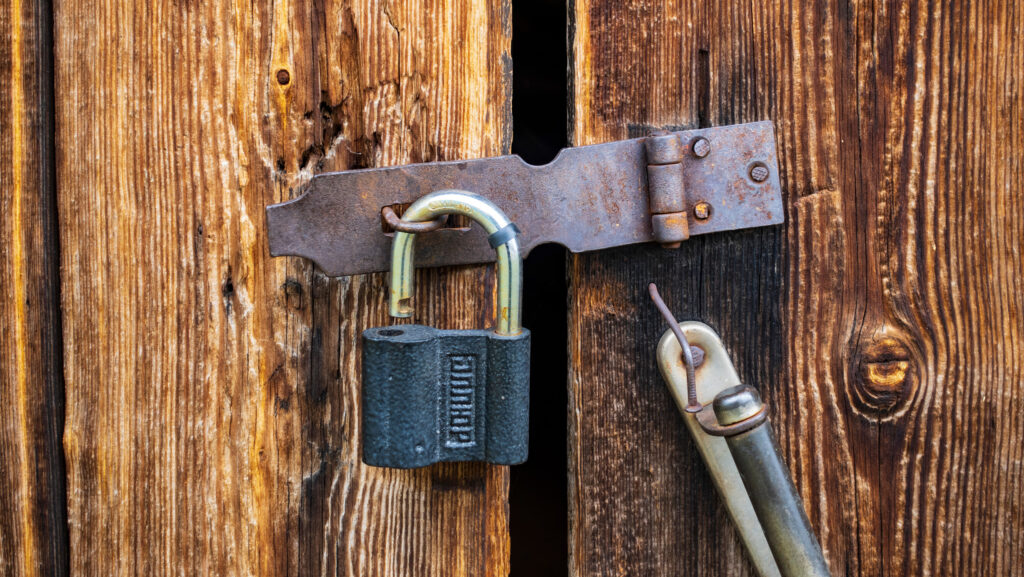Opinion: Farming under threat from cyberattacks and AI
 © Adobe Stock
© Adobe Stock To misquote Terminator 2: Judgement Day: “I need your clothes, your boots and your farm subsidy.” It’s my favourite instalment from the film – Schwarzenegger switching sides, a young street-smart John Connor and an unbelievable soundtrack from Guns N’ Roses.
According to the film’s timeline, the human race should be locked in a war with artificial intelligence (AI) right now. To be honest, I use AI more for meal inspiration and looking up random facts.
However, before we let our guard down from any rampaging T-1000s, we must appreciate the credible threats posed to farms and the wider industry from cyberattacks and malicious use of AI.
See also: Opinion – simple self-help tools can be useful to farmers
Farming businesses have willingly, and in some cases forcefully, been moved online for services such as banking, cattle registration and subsidy claims.
The amount of usernames and passwords I have for our own business, and the rate at which my uncle and father forget them, has me driven demented.
With so much of our lives and businesses online now, cyberattacks in the UK have rocketed, making us the second most targeted country globally.
Hackers employ a range of methods, commonly fake emails and websites, masquerading as services you frequently use.
These contain links that when clicked on, download malware and open up a can of worms.
Attacks can leave you robbed financially, held to ransom or locked out of websites and unable to pay bills.
Alternatively if a beef/dairy processor or market were to be attacked, they could be unable to pay you, hammering your cashflow.
I’ve also seen local Facebook pages of farm businesses targeted and held to ransom, with threats to ruin their reputation with customers by posting undesirable content.
My biggest worry is the creaking, clunky rural payments website. How vulnerable is it?
For the password reset prompts, the security questions include “Where did you meet your spouse?” and “What was your first job?”
I’m no cyber expert, but it wouldn’t take a genius to figure out the most common answers for these in our industry.
Not too far away from farming, another government outfit, the Scottish Environment Protection Agency (Sepa), infamously suffered a cyberattack in 2022.
Thousands of files were stolen and ransomed by a Russian organised cybergang. Hope they enjoyed those photos of my ploughing apparently too close to the riverbank.
This attack was let in the back door by staff opening a fake email, allowing hackers to ravage their systems, costing Sepa £1.2m, and compromising thousands of landowners’ details.
Not to increase anxiety levels too high, but there is also a massive vulnerability that AI could also be used against the farming industry in the form of deep fake videos.
This is where AI and other techy software generates or manipulates footage to be used maliciously or spread false information.
In the wrong hands it wouldn’t be hard for animal rights extremists or anyone with a chip on their shoulder to stir up public or government opinion against farming.
We caught a glimpse of this during the tractor protests in London last year, when images shared on social media were altered to show protesting tractors stopping a blue-lighted ambulance from getting past.
It’s a big enough job keeping the quad bike safe from thieves.
But antivirus software, strong passwords and caution against suspicious links are just as paramount for farms to stay safe as a good padlock on the tool shed.

